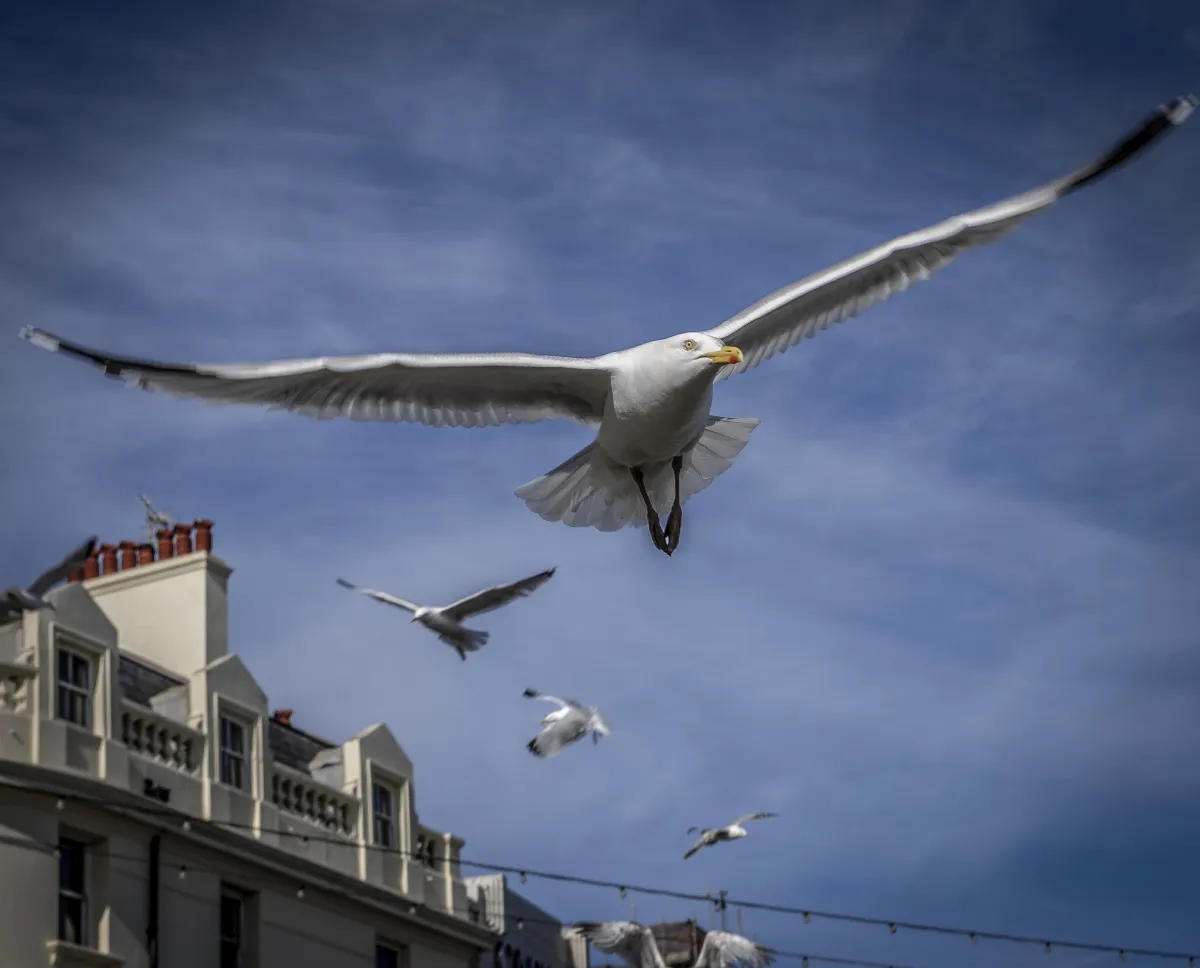
Seen a lot of seagulls flapping about in your area recently? According to the Society of Biology, the recent warm weather has prompted an early influx of flying ants, and gulls are out gorging themselves in droves.
But the birds aren't just out in high numbers - they're also acting rather strangely, with reports of 'drunken' gulls being loud and disorderly, dozy and sometimes so disorientated that they're hit by cars.
Motorist Viv Gregory told the Bristol Post that she had seen dozens of dead birds. "They were all over the place, pecking in the road. I've never seen it before."
The BBC and the Telegraph have both quoted Dr Rebecca Nesbit, an entomologist with the Society of Biology who coodinated a recent flying ant survey, as saying that formic acid in ants can stupefy the gulls. "It isn't so good for the birds - it can leave them a bit drunk," she said.
Dr Nesbit's survey showed that flying ants emerged two weeks earlier than normal this summer, and found that Devon was a hotspot for the insects.
However, in a blog post on the Society of Biology's website today, Dr Nesbit commented on the recent reports of 'drunken' birds, saying:
"Following the latest article[s] on gulls getting drunk on flying ants, it seemed time to share some of my research which never made it into [the press]. Actually, formic acid is found in higher concentrations in Formica ants than in the species we’re seeing most commonly on flying ant day. My answer to the question 'can gulls get drunk on flying ants?' would be No. Although formic acid can be toxic to birds, it is more likely that they are just too hot and full."
Have you seen erratic seagulls on your area recently?
